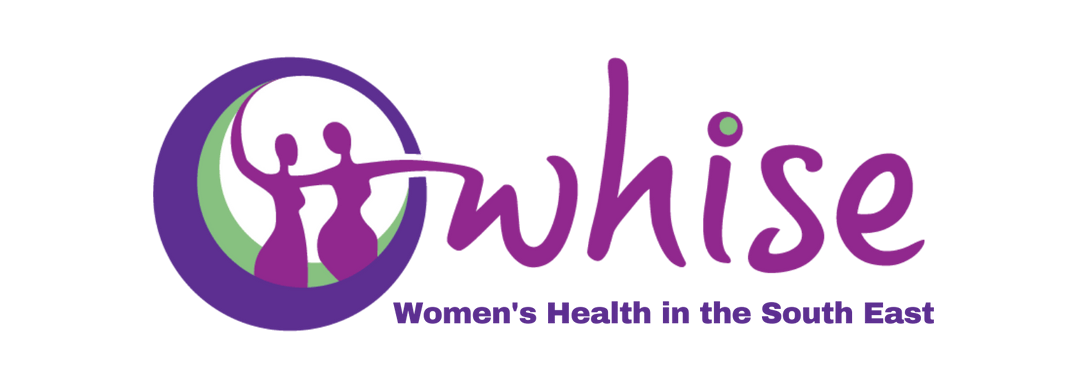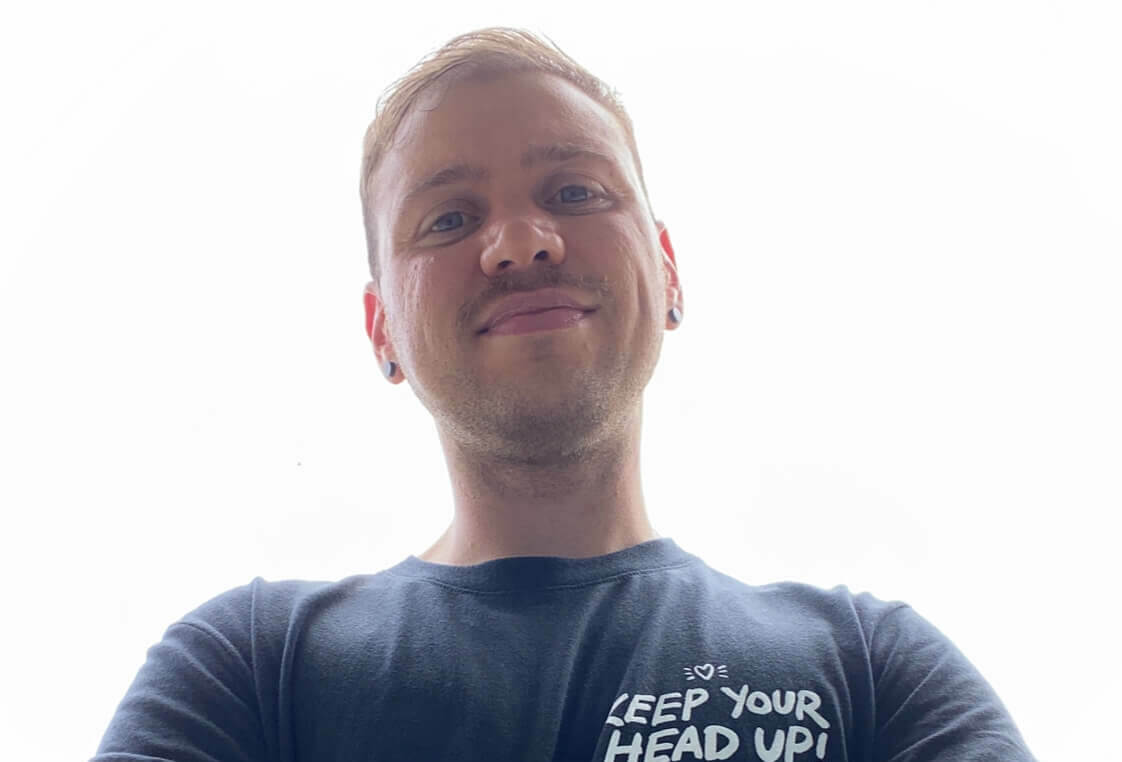Disability and Body Image: Natalie’s experience
“Being diagnosed with a chronic, disabling health condition altered the trajectory of my life in ways I could not have anticipated.”
In this blog post, Women’s Health and Engagement Officer at WHISE, Natalie Opasinis shares her experience with body image, eating disorders and disability. *Trigger warning: this article discusses ableism, mental health, eating disorders and suicidal thoughts.
Three years ago, if you had asked my therapist, they might have described a person submerged in darkness, unable to see a purpose in living with an illness that seemed to have robbed me of a fulfilling life. However, today, I know that living with a disability is not a failure or a life sentence; instead, it has become a source of freedom for my mind and soul, reshaping my perspective in ways I never thought possible.
The veil of ableism has been lifted, revealing one of society’s most significant shortcomings. Uneven footpaths and tightly packed shops make navigating the world with a wheelchair challenging. In a society fixated on productivity, constant activity, and busyness, there exists a pervasive ableist culture. This culture, driven by the ideals of efficiency, is harmful, oppressive, and marginalises individuals with disabilities.
I am a second-generation migrant and the first woman in my family allowed to attend and complete high school. I hold the hopes, dreams, and expectations of many in my family for a ‘better life’. I have a generational duty to “do something” with my life, to prove my gratitude for their sacrifices and sufferings, for their endurance of poverty and unimaginable racism.
However, on the day of my diagnosis, I felt that promised “better life” slip away, along with my ability to pursue a Ph.D., maintain a corporate career, and engage in a vibrant social life. It was no surprise that I began to hate my body more than ever before. I hated its new limitations, and despised that it had taken away everything I had worked so hard to achieve.
Being labelled a “burden on the healthcare system” or continually reminded to be “a productive member of society” echoes in my mind daily, a painful reminder of society’s perception of my body as a burden. This societal judgment digs deep, and it hurts.
Looking back, my inpatient admission for an eating disorder makes a lot of sense now. Starvation seemed like a peaceful way to leave my body for good. Making my invisible disability visible in a skeletal frame also helped to induce some empathy from people and healthcare professionals around me.
Reflecting on my experiences, the inadequacy of research and poor treatment for women with disabilities and their body image becomes glaringly apparent.
An outpatient eating disorder program’s refusal to make accessibility adjustments forced me to leave, pushing me to practice ableist body image strategies like “body gratitude.” I was gas-lit when I sought more appropriate accommodations. Amid efforts to “fix” and “blame” my body, no one acknowledged that it was society that needed addressing, not my body.
This is my story, and now, WHISE wants to hear yours.
 If you identify as a woman with a disability aged between 18 and 65, WHISE invites you to share your experiences.
If you identify as a woman with a disability aged between 18 and 65, WHISE invites you to share your experiences.
Women’s Health in the South East (WHISE) has partnered with Women with Disabilities Victoria and Butterfly Foundation on the My Body, My Voice research project. Our aim is to explore how women with disabilities and overlapping identities feel about their bodies, why, and what we can collectively do to address these issues.
Your experiences are valid, and we are listening. Get involved in the My Body, My Voice survey by clicking the link below. The survey takes approximately 30 minutes, depending on the level of detail you wish to provide. Survey closes mid-April 2024.
Get support
If you need support for an eating disorder or body image concern connect with Butterfly’s National Helpline 7 days a week, 8am-midnight (AEDT).
Call 1800 ED HOPE (1800 33 4673), chat online or email support@butterfly.org.au.
In an emergency, contact 000 or in a crisis call Lifeline on 13 11 14.






















